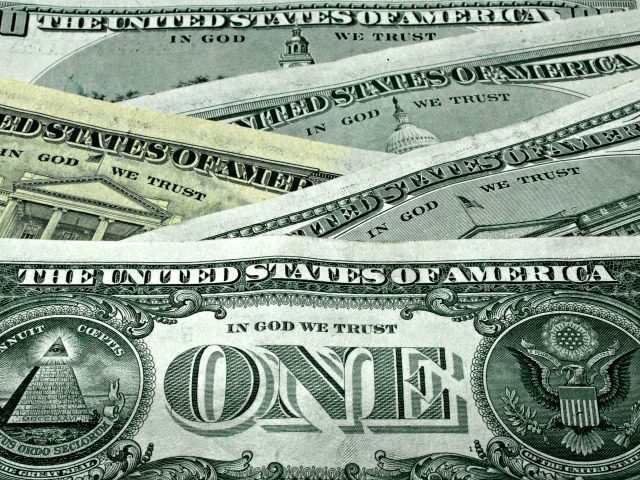The United States Supreme Court declined to take u
Post# of 65629

< >

Michael Newdow filed the lawsuit on behalf of atheists, who claim the nation’s motto is a violation of the First Amendment’s prohibition of Congress establishing a national religion. They assert that exposure to it is “forcing petitioners (who are Atheists) to bear and proselytize that message.”
The Eighth Circuit Court of Appeals in St. Paul, Minnesota had previously ruled that the phrase In God We Trust “does not compel citizens to engage in religious observance” and dismissed the case.
This was the lastest failure of atheists to erase God from the public square, including this lawsuit to remove from the currency the nation’s motto, which first appeared on coins in 1864 on a two-cent coin.
In Elk Grove Unified School District v. Newdow in 2004, the Supreme Court did hear Newdow’s case and held that he lacked legal standing to litigate as his daughter’s “next friend” and avoided addressing whether the words “under God” in the Pledge of Allegiance violated the First Amendment’s establishment clause.
Aside from the Court’s decision, Congress has historically upheld the use of “In God We Trust” as the national motto, which first appeared in 1864 on a two-cent coin.
Congress passed legislation in 1955 that was signed into law by President Dwight Eisenhower in 1956 requiring all paper and coin currency to bear the words “In God We Trust.”
The laws authorizing the nation’s motto on currency were first challenged in court in 1970 and 1978, when Madalyn Murray O’Hair’s lawsuit claimed the motto violated the First Amendment.
 (0)
(0) (0)
(0)